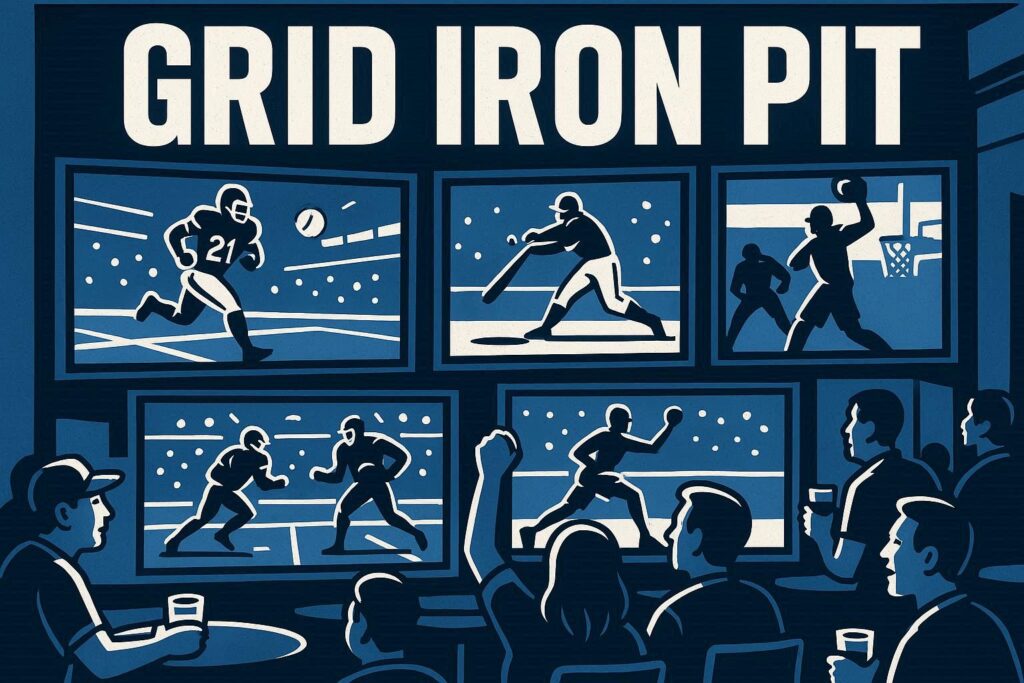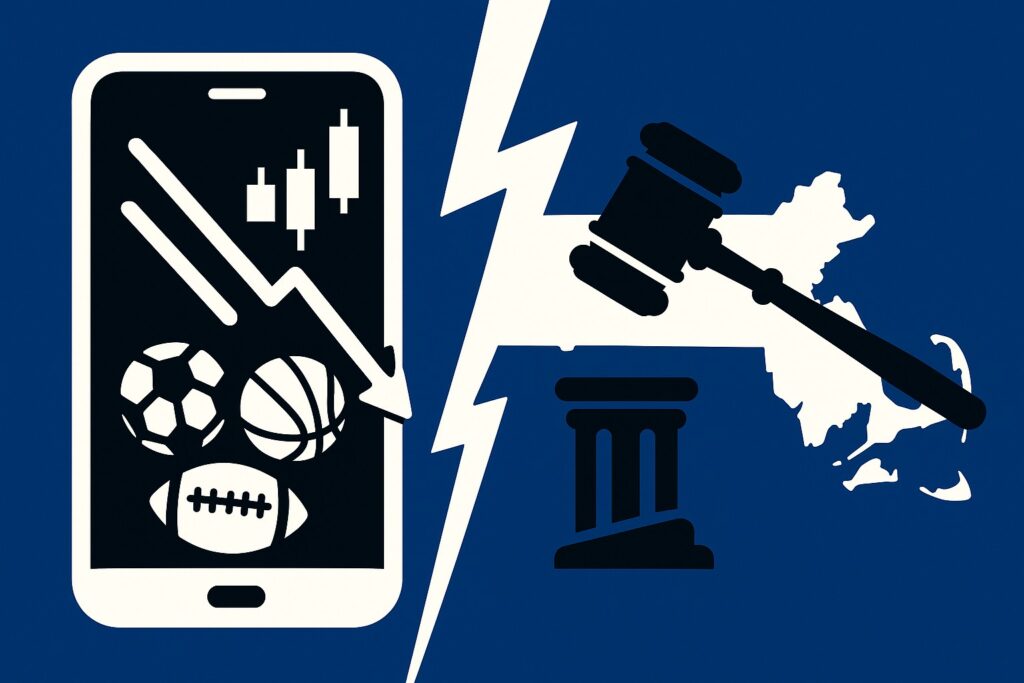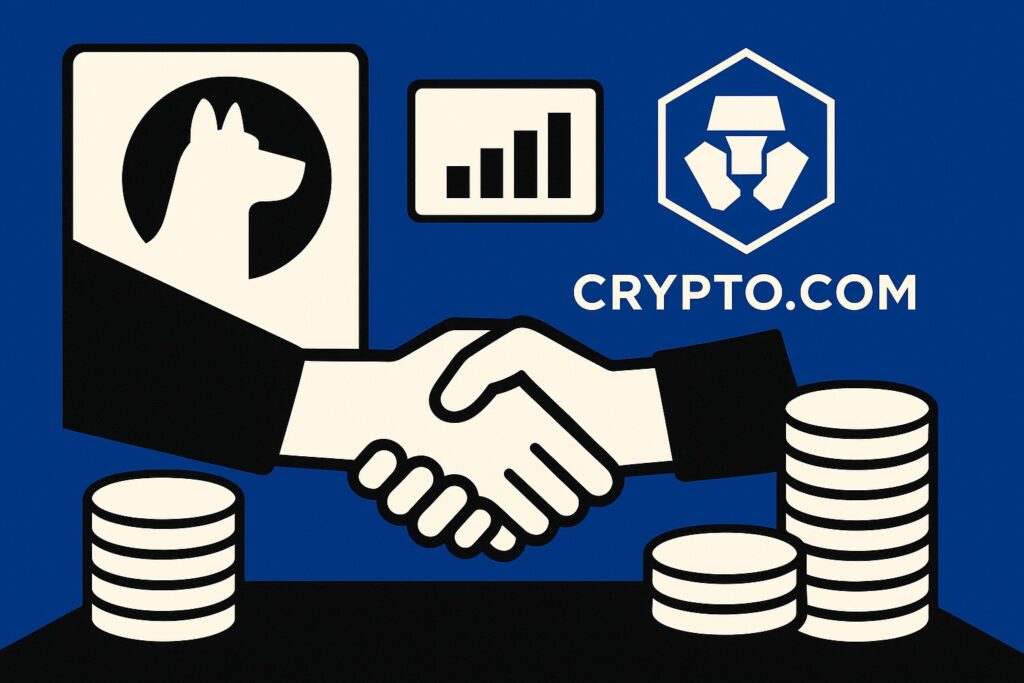A bill that imposes new restrictions on sweepstakes-based, casino-style online games in Louisiana lacks only a signature from Gov. Jeff Landry to become law, and a trade organization for companies offering such games has shared its displeasure with that development. The Social Gaming Leadership Alliance (SGLA) has called Louisiana SB 181 a move “that will deprive the state’s residents of popular, free-to-play entertainment enjoyed by millions nationwide.”
Despite the SGLA’s disapproval, SB 181 seems likely to become law and force SGLA members to either stop serving players within Louisiana’s borders or challenge the presumptive statute’s legitimacy. Companies that provide services to SGLA members might also need to review their operations if the bill becomes law in its current form.
SB 181 one pen stroke away from becoming law
The Louisiana House of Representatives concurred unanimously with the Louisiana Senate on SB 181 on June 4. The Senate had unanimously passed the bill with amendments on June 2.
Due to those unanimous passages, a veto by Landry might be a mere delay to SB 181 becoming law. The bill has requisite support in both chambers of the Louisiana legislature to override a veto by Landry.
To date, Landry has not commented on SB 181. Others like the SGLA have not been as quiet on the issue, however.
SGLA, others denounce legislation
The SGLA’s statement on SB 181 portrays the bill in a comprehensively negative light for both its members and Louisianans.
“The Social Gaming Leadership Alliance (SGLA), a coalition of industry leaders advocating for the online social games industry, regrets the passage of legislation in the Louisiana State House that will deprive the state’s residents of popular, free-to-play entertainment enjoyed by millions nationwide.
SGLA Executive Director and former Congressman Jeff Duncan said: ‘Louisiana residents will be abruptly cut off from popular, free-to-play online games enjoyed by millions nationwide after lawmakers fell for a campaign of deliberate misinformation from parties with clear vested interests that was designed to eliminate legitimate competition. This legislation was rushed through the legislature without providing the industry any meaningful opportunity to engage, while competitors and critics were given ample voice in a concerted effort that prevented a commonsense solution.’
‘It’s unfortunate that this legislation was hastily passed based on incomplete information because the result is that residents lose access to safe, fair and free-to-play entertainment enjoyed by millions of Americans while black market operators laugh all the way to the bank.”’
Setting the Record Straight
- Age Verification: SGLA partners prohibit minors from accessing their platforms using robust customer age, identity and geolocation technology requirements and processes to prevent access to games and platforms by minors. Claims that “there are no prohibitions against minors playing these games” are categorically false.
- Consumer Protections: SGLA partners implement leading anti-money laundering (AML), financial crime prevention, security protocols, and data protection measures. Players have access to responsible gaming tools including purchase limits, self-exclusion options, and one-click access to responsible gaming resources. Claims that our operators “evade consumer protections, responsible gaming and anti-money laundering requirements” are categorically false.
- Player Support: Our operators follow the same payment security and refund protocols as major retailers. Claims that players report ‘never getting their money back’ are categorically false.
- Legal Operations: Online social games operate under established sweepstakes law used by countless mainstream brands. These games are legitimate entertainment with mandatory free participation options. Claims that social online gaming is ‘illegal gambling’ are categorically false.
‘The SGLA is supportive of appropriate oversight and common-sense regulatory frameworks but SB 181 is an attack on economic activity, freedom of choice, innovation and competition,’ Mr. Duncan continued. ‘We look forward to engaging with policymakers in Louisiana to right this wrong so that its residents can enjoy the same free-to-play entertainment as other Americans as well as the economic benefits the industry can provide.’”
That statement follows an April release from another trade group, the Social & Promotional Games Association, which also characterized SB 181 as a “reckless” misclassification of “legitimate sweepstakes as illegal gambling.” Amendments the bill has seen since its introduction in April have done little to address those concerns.
SB 181 has heavy implications for social casino operators
SB 181 targets businesses that offer casino-style games that utilize a dual-currency system and allow players to exchange the currencies for “any prize or award or cash or cash equivalents.” The bill includes similar language for sports wagering using such a system.
If enacted, SB 181 would make the operation of such a system explicitly illegal, with penalties potentially including fines of up to $100,000 and as many as five years in prison. Furthermore, parties alleged to be involved in such activity might also be prosecuted under Louisiana’s Unfair Trade Practices and Consumer Protection Law. Outside of state prosecutors, the Louisiana Gaming Control Board could take part in enforcement.
Such penalties might lead SGLA/SPGA members to geofence Louisiana players out of their games. Some social casino operators have already done so in anticipation of the bill’s passage.
Vendors working with those companies could face consequences under the bill as well.
Bill presents liabilities for gaming vendors
SB 181 contains a clause that applies to “any…geolocation provider, gaming manufacturer, gaming supplier, platform provider, or media affiliate” that provides “support for the operation, conduct, or promotion of illegal gambling by computer, including illegal online sweepstakes games as described in this section within the state.” The application of that broad language will come down to how ambitious prosecutors in Louisiana are on the enforcement of the statute.
Even if prosecutors don’t take strong action against suppliers, the chilling effect of the law might have similar prominence among operators and vendors. Suppliers pulling out of relationships with operators choosing to offer games in Louisiana could hinder those operators’ businesses in other US jurisdictions, too.
The entire impact of SB 181 becoming law won’t be known until several months after that enactment. Because of the seeming inevitability of that event, some enterprises in the sweepstakes gaming space have already adjusted.




